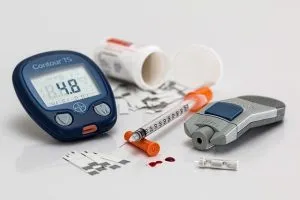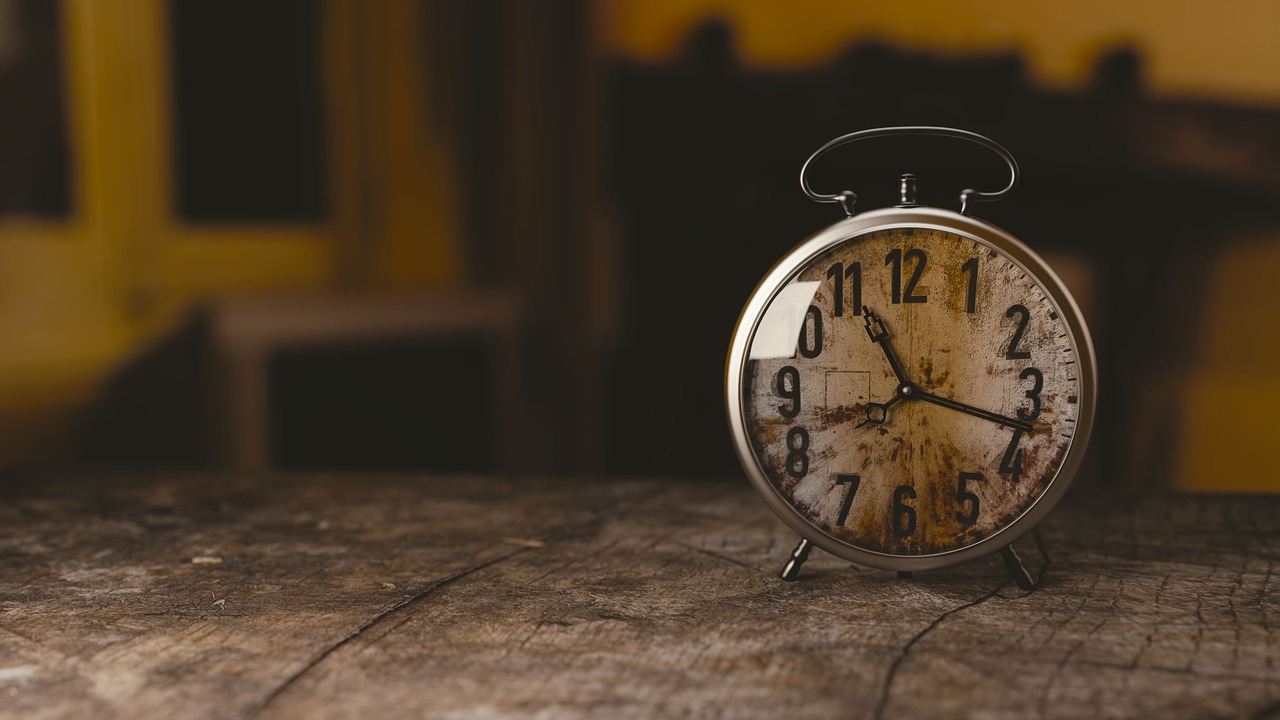Can Lack of Sleep Kill You | How Does Lack of Sleep Affect You

Lack of sleep is a serious problem in America. If you are reading this, then you may be suffering from a lack of sleep as well. If you have found yourself wondering, can you die from a lack of sleep?
Then you might have begun experiencing some physical side effects to having a lack of sleep such as these 5 lack of sleep side effects. None of us take death lightly, so when you learn about harmful side effects from a lack of sleep it’s a matter to take seriously. Well, this is serious, read on.
Lack of sleep might eventually kill you.
So the big question is, can you die from a lack of sleep? The effects begin within the first 24 hours of sleep deprivation. First, the body undergoes subtle hormonal changes—cortisol and TSH levels increase…
- TSH (thyroid-stimulating hormone), when overactive, can cause side effects such as weight loss, rapid heart rate, nervousness, diarrhea, feeling too warm, or irregular menstrual periods (females).
- Cortisol, when overproduced, interferes with the brain’s neurotransmitters, making it difficult to retrieve memories. Too much cortisol interrupts normal brain cell metabolism, eventually producing free radicals, which destroy brain cells.
 All of which leads to a rise in blood pressure. One to two days later, your body stops metabolizing glucose properly, creating carbohydrate cravings.
All of which leads to a rise in blood pressure. One to two days later, your body stops metabolizing glucose properly, creating carbohydrate cravings.
A person’s body temperature will also drop, and his or her immune response becomes suppressed.
Once the immune system weakens, the number of white blood cells decrease, as does the activity of the remaining white blood cells.
In extreme cases of sleep deprivation, side effects include hallucination and paranoia. Typically, you would have to be sleep deprived for many days in a row for these effects to have such immediate affects.
But you should ask yourself, if you go day by day with a lack of sleep for months or even years in a row, how strong will these health problems be after being compounded over such a long period of time?
Smoking doesn’t kill you soon after you start smoking, it kills you slowly- keep this in mind the next time deprive your body of the crucial sleep it needs to function and survive.
Don’t Miss: 10+ Benefits of Getting Enough Sleep Every Night
There is no nicer way of going about this fact. Lack of sleep, if uncorrected, can lead to serious health problems. These health problems, if they continue, can lead to death. Yes, you can die from a lack of sleep. All of these physiological changes are reversible, though—take a nap, and you’ll be on the road back to normal.
How to Get a Good Night’s Sleep
If you’re having trouble sleeping (insomnia), you might be suffering from a medical disorder that needs attention. If your doctor says there’s nothing medically wrong with you then here are some simple techniques you can try to help yourself sleep better.
Sleep Tips
1. Keep to a Sleep Routine
Keeping to a regular routine is crucial to sleeping well. Try as far as possible to go to sleep at the same time each night and get up at the same time in the morning. If you do go to bed late, avoid having a “lie in”; get up at your normal time.
If you’re feeling tired during the evening, try to resist going to bed unusually early.
Be careful of naps. A nap of about half an hour in the afternoon is often recommended, but longer than that tends to interrupt the sleep routine and result in a restless night.
2. Watch What You Drink
We all know that caffeine is a stimulant. Few people would have a cup of coffee just before going to bed - however, they might do so just an hour or two earlier. Try to cut out caffeine for several hours before bedtime. Remember that caffeine isn’t only found in coffee but also tea and many soft drinks.
Alcohol is a depressant as opposed to a stimulant, however, it is just as bad for sleep. Although alcohol can make you fall asleep more quickly it also interrupts your sleep. It tends to make you wake up more frequently during the latter half of the night.
3. Relax
Trying to sleep when your mind is full of troubles and your body tense is a recipe for insomnia. Try to relax for bed.
Relaxation methods can range from something as simple as a hot soak in a scented bath to a yoga and meditation session. Find what works for you. Scented candles? (Put them out safely before going to sleep!) Soft music? Reading a good book? Give yourself some time to prepare for bed. Pamper yourself.
Avoid watching or listening to the news before bed. It’s designed to disturb your mind.
4. Upgrade Your Bed
How long have you had your bed? Or your mattress? Is it still up to the job? Is it right for you?
What about the bedding, is it comfortable or does it scratch? Are the pillows supporting you comfortably?
A good bed and the associated bedding are the tools of sleep. Make sure yours are up to the job. Buying a new bed might be too expensive, but could you at least replace those ancient pillows? Quality beds and bedding are not luxuries, they’re necessities.
Modern beds and mattresses can be highly sophisticated. For example, modern memory foam was initially developed for NASA.
For more information and ideas, see the sections on beds and mattresses.
5. The Bedroom
After sorting out your bed, what about the bedroom itself? Some environmental problems you can do nothing about, but others you can fix. Is there a draught? Plug it or move the bed!
Irritating LEDs from electronic equipment? Switch it off. Too much light through the windows? Invest in some blackout curtain liners.
6. Improve Your Associations
What does your bed make you think of?
The answers aren’t necessarily as obvious as they seem. Many people sit in bed and work, or do mind-stimulating crossword puzzles, or balance their chequebooks. All these things set up an association between “bed” and an active mind - the opposite of what you want to achieve.
You could be unknowingly setting your bed up as an anchor for stress and wakefulness.
Be careful what you use your bed for - make sure it’s reserved for exclusively nighttime activities. Do your accounts at the table during the day.
7. Sound Light Machines
If you like gadgets, you might want to consider using a sound and light machine.
8. Ask For Help
If you’ve read this page nodding your head and saying “tried that… didn’t work” then perhaps you have a more deep-rooted sleep disorder. Don’t be afraid to ask for help - it’s nothing to be embarrassed about. Arrange to see your doctor or a specialist sleep therapist. That’s what they’re there for.
[su_row][su_column size=“1/2”]
Also on Snorezing.com
[su_list icon=“icon: external-link-square” icon_color=“#53eb21”]
- Best rollaway beds
- Best bunk beds with stairs
- Best Snoring Mouthpiece
- Best inflatable Beds
- Best Sleeping Bags
- Best earplugs for sleeping
[/su_list]
[/su_column] [su_column size=“1/2”]
[su_list icon=“icon: external-link-square” icon_color=“#53eb21”]
Sleeping aid Reviews
- Best anti snoring devices
- Best Bedwetting alarm reviews
- My Snoring Solution Review
- Pure Sleep Review
- Best anti snore pillow
- Zyppah Review
[/su_list]
[/su_column] [/su_row]

Patrick Mahinge
Patrick Mahinge, the chief editor at MTBNZ.org is a serial webpreneur who also enjoys mountain biking.
Related Articles

27-07-2018
Dream Interpretation and Analysis: What Do Your Dreams Mean
Read more about this article...
Read more →

28-10-2019
How to Reset Your Body Clock Fast And Get Better Sleep Every Day
Read more about this article...
Read more →